Bonrise 150 mg Tablet 1's
MRP ₹150
(Inclusive of all Taxes)
₹22.5 Cashback (15%)
Provide Delivery Location
Online payment accepted
 Prescription drug
Prescription drugWhats That
Composition :
Manufacturer/Marketer :
Consume Type :
Expires on or after :
Return Policy :
About Bonrise 150 mg Tablet
Bonrise 150 mg Tablet belongs to a group of medications called 'bisphosphonates' used to prevent post-menopausal osteoporosis. It is indicated in adults for the prevention of skeletal events such as pathological fractures and bone complications requiring surgery or radiotherapy in patients with bone metastases or breast cancer.
Bonrise 150 mg Tablet contains 'Ibandronic acid', which suppresses the activity of osteoclasts and makes the bone stronger. It lowers the risk of getting a fracture and reduces pain in the bones. Bonrise 150 mg Tablet may reverse bone loss by increasing bone mass and stopping more bone loss.
Take Bonrise 150 mg Tablet exactly as prescribed by the doctor. In some cases, Bonrise 150 mg Tablet may cause side effects like heartburn, muscle pain, indigestion, headache, and nausea. Most of these side effects of Bonrise 150 mg Tablet do not require medical attention and gradually resolve over time. However, if the side effects persist or worsen, consult your doctor.
Do not lie down for 60 minutes after taking Bonrise 150 mg Tablet, and avoid eating your first food of the day for at least 60 minutes after taking Bonrise 150 mg Tablet.Consult your doctor if you are pregnant or breastfeeding. Bonrise 150 mg Tablet is not recommended for children below 18 years as safety and effectiveness have not been established.
Uses of Bonrise 150 mg Tablet
Directions for Use
Key Benefits
Bonrise 150 mg Tablet belongs to a group of medications called 'bisphosphonates' used to prevent post-menopausal osteoporosis. It is indicated in adults for the prevention of skeletal events such as pathological fractures and bone complications requiring surgery or radiotherapy in patients with bone metastases or breast cancer. Bonrise 150 mg Tablet may also be used to lower hypercalcemia (higher levels of calcium in the blood). Bonrise 150 mg Tablet contains 'Ibandronic acid', which suppresses the activity of osteoclasts and makes the bone stronger. It lowers the risk of getting a fracture and reduces pain in the bones. Bonrise 150 mg Tablet may reverse bone loss by increasing bone mass and stopping more bone loss.
Storage
Drug Warnings
Do not take Bonrise 150 mg Tablet if you are allergic to any of its components, have problems with the oesophagus, cannot sit or stand upright for at least 60 minutes, or have low calcium levels in the blood. Inform your doctor if you have problems with swallowing, stomach or digestive problems, malabsorption syndrome, kidney or liver problems, or if you plan to have teeth removal or dental surgery. Consult your doctor if you are pregnant or breastfeeding. Bonrise 150 mg Tablet may cause problems with the oesophagus, low blood calcium levels, bone, joint, or muscle pain, osteonecrosis (severe jaw bone problems), and unusual thigh bone fractures. Keep your doctor informed about your health condition and medications to rule out any interactions/side effects.
Drug-Drug Interactions
Drug-Drug Interactions
Login/Sign Up
Co-administration of Tenofovir alafenamide with Bonrise 150 mg Tablet can increase the risk of kidney damage.
How to manage the interaction:
Taking Bonrise 150 mg Tablet with Tenofovir alafenamide together can result in an interaction, but it can be taken if a doctor has advised it. However, if you experience symptoms such as nausea, vomiting, loss of appetite, increased or decreased urination, sudden weight gain or loss, fluid retention, swelling, shortness of breath, pain in the muscles, weakness, tiredness, dizziness, confusion, and irregular heart rhythm, consult a doctor. Do not stop using any medications without consulting a doctor.
Co-administration of Human immunoglobulin with Bonrise 150 mg Tablet may raise the risk of kidney problems.
How to manage the interaction:
Although there is a possible interaction between Human immunoglobulin and Bonrise 150 mg Tablet, you can take these medicines together if prescribed by a doctor. However, if you experience nausea, vomiting, loss of appetite, increased or decreased urination, sudden weight gain or loss, fluid retention, swelling, shortness of breath, muscle cramps, tiredness, weakness, dizziness, confusion, or an irregular heart rhythm, consult a doctor. Do not discontinue any medications without consulting a doctor.
Co-administration of Cidofovir with Bonrise 150 mg Tablet can increase the risk of kidney problems.
How to manage the interaction:
Although taking Bonrise 150 mg Tablet and Cidofovir together can cause an interaction, it can be taken if your doctor has suggested it. However, if you experience nausea, vomiting, loss of hunger, increased or decreased urination, sudden weight gain or loss, fluid retention, swelling, shortness of breath, muscle cramps, tiredness, weakness, dizziness, confusion, or an irregular heart rhythm, consult a doctor. Do not discontinue any medications without consulting a doctor.
Co-administration of Deferasirox with Bonrise 150 mg Tablet (oral form) may raise your chance of experiencing gastrointestinal (stomach & intestine) bleeding and ulcers.
How to manage the interaction:
Co-administration of Bonrise 150 mg Tablet with Deferasirox can result in an interaction, but it can be taken if a doctor has advised it. If you have symptoms like stomach pain, bloating, dizziness, or black stools, it's essential to consult a doctor. Do not stop using any medications without a doctor's advice.
Co-administration of Iohexol with Bonrise 150 mg Tablet may increase the risk of kidney damage.
How to manage the interaction:
There may be a possibility of interaction between Bonrise 150 mg Tablet and Iohexol, but it can be taken if prescribed by a doctor. However, contact a doctor immediately if you experience any symptoms such as nausea, vomiting, loss of appetite, increased or decreased urination, sudden weight gain or weight loss, fluid retention, swelling, shortness of breath, muscle cramps, tiredness, weakness, dizziness, confusion, and irregular heart rhythm. Do not discontinue any medications without consulting a doctor.
Co-administration of Sirolimus and Bonrise 150 mg Tablet may cause an increase in the risk or severity of kidney damage.
How to manage the interaction:
Although taking Bonrise 150 mg Tablet and Sirolimus together may lead to an interaction, it can be taken if a doctor has suggested it. However, if you experience symptoms such as nausea, vomiting, loss of appetite, increased or decreased urination, sudden weight gain or loss, fluid retention, swelling, shortness of breath, pain in the muscles, weakness, tiredness, dizziness, confusion, and irregular heart rhythm, consult a doctor. Do not stop using any medication without consulting a doctor.
Taking Tacrolimus and Bonrise 150 mg Tablet together may increase the risk of kidney problems.
How to manage the interaction:
Although taking Tacrolimus and Bonrise 150 mg Tablet together can result in an interaction, it can be taken if a doctor has prescribed it. However, consult the doctor immediately if you experience symptoms such as nausea, vomiting, loss of hunger, increased or decreased urination, sudden weight gain or weight loss, fluid retention, swelling, shortness of breath, muscle cramps, tiredness, weakness, dizziness, confusion, and irregular heart rhythm. Do not discontinue any medications without consulting a doctor.
Co-administration of Metrizamide with Bonrise 150 mg Tablet may increase the risk or severity of kidney damage
How to manage the interaction:
Taking Bonrise 150 mg Tablet with Metrizamide together can result in an interaction, but it can be taken if a doctor has advised it. However, consult a doctor immediately if you experience any symptoms such as nausea, vomiting, loss of appetite, increased or decreased urination, sudden weight gain or weight loss, fluid retention, swelling, shortness of breath, muscle cramps, tiredness, weakness, dizziness, confusion, and irregular heart rhythm. Do not discontinue any medications without consulting a doctor.
Drug-Food Interactions
Drug-Food Interactions
Login/Sign Up
Diet & Lifestyle Advise
- Eat a balanced diet rich in calcium and vitamin D.
- Avoid smoking and heavy alcohol consumption.
- Do walking, weight-bearing, and strength-training exercises.
- Include fresh fruits, vegetables, and whole grains in your diet.
- Limit your intake of caffeine.
Side Effects of Bonrise 150 mg Tablet
- Back pain
- Heartburn
- Abdominal pain
- Diarrhoea
- Headache
- Myalgia (muscle pain)
- Indigestion
Habit Forming
Therapeutic Class
All Substitutes & Brand Comparisons
RX
Out of StockXemband-150 Tablet 1'S
Xemex Life Sciences
₹150
(₹135.0 per unit)
RX
Bandrone 150 Tablet 1's
Natco Pharma Ltd
₹154.5
(₹139.1 per unit)
3% COSTLIERRX
Out of StockBandrafos Tablet
₹165
(₹148.5 per unit)
10% COSTLIER
Author Details
We provide you with authentic, trustworthy and relevant information
Drug-Diseases Interactions
Drug-Diseases Interactions
Login/Sign Up
FAQs
Bonrise 150 mg Tablet suppresses the activity of osteoclasts and makes the bone stronger. It lowers the risk of getting a fracture and reduces pain in the bones.
Do not lie down for 60 minutes after taking Bonrise 150 mg Tablet, and avoid eating your first food of the day for at least 60 minutes after taking Bonrise 150 mg Tablet. After taking Bonrise 150 mg Tablet, wait for at least 60 minutes before you lie down; you may sit, walk, stand, or do normal activities like reading.
Bonrise 150 mg Tablet may cause osteonecrosis (bone damage) of the jaw. A full dental check-up is advised before starting Bonrise 150 mg Tablet. Consult your doctor immediately if you experience symptoms such as pain, swelling, redness of the gums, numbness or heaviness in the jaw, and loose teeth. If you are undergoing any dental work, inform the doctor that you are taking Bonrise 150 mg Tablet.
Bonrise 150 mg Tablet may cause unusual fractures of the thigh bone. Consult your doctor if you experience unusual pain in the hip, thigh or groin.
Bonrise 150 mg Tablet may lower the calcium levels in the blood. Call your doctor immediately if you notice symptoms such as spasms, twitches, or cramps in the muscle, numbness, or tingling sensation in the fingers, toes or around the mouth.
Bonrise 150 mg Tablet may cause problems with the oesophagus. To prevent this, take Bonrise 150 mg Tablet precisely as prescribed by the doctor. Consult your doctor if you have chest pain, heartburn, trouble or pain while swallowing.
Drug-Drug Interactions Checker List
- ASPIRIN
Special Advise
- If you miss a dose of Bonrise 150 mg Tablet, do not take the missed dose later in the day. Consult your doctor for instructions.
- Maintain a gap of one hour between Bonrise 150 mg Tablet and other medicines such as calcium supplements, indigestion tablets, or vitamins. However, you are advised to consult your doctor before taking other medicines with Bonrise 150 mg Tablet.
Disease/Condition Glossary
Osteoporosis: It is a bone disease that causes bone weakness and thinning by lowering bone density. Bones become weaker and more prone to breaking as their density decreases. Women are more likely than men to develop osteoporosis after menopause because their ovaries stop producing oestrogen (a female hormone) needed to keep bones healthy. Bone loss occurs after menopause, weakening bones and making them more likely to break. Back pain caused by a fractured or collapsed vertebra, gradual loss of height, a stooped posture, and bones that break much more quickly than expected are all signs and symptoms.

Have a query?
Alcohol
Safe if prescribed
It is not known if alcohol affects Bonrise 150 mg Tablet. Please consult your doctor.
Pregnancy
Consult your doctor
Bonrise 150 mg Tablet belongs to pregnancy category C. Consult your doctor if you are pregnant. Your doctor will prescribe Bonrise 150 mg Tablet only if the benefits outweigh the risks.
Breast Feeding
Consult your doctor
It is not known if Bonrise 150 mg Tablet passes into breast milk. Consult your doctor before taking this medicine if you are breastfeeding.
Driving
Safe if prescribed
Bonrise 150 mg Tablet has no or negligible influence on the ability to drive.
Liver
Consult your doctor
Please consult your doctor before taking Bonrise 150 mg Tablet if you have a liver impairment or any concerns regarding this.
Kidney
Consult your doctor
Bonrise 150 mg Tablet is not recommended for people with severe renal impairment. Please consult your doctor if you have kidney impairment or any concerns regarding this.
Children
Safe if prescribed
Bonrise 150 mg Tablet is not recommended for children below 18 years as safety and effectiveness have not been established.





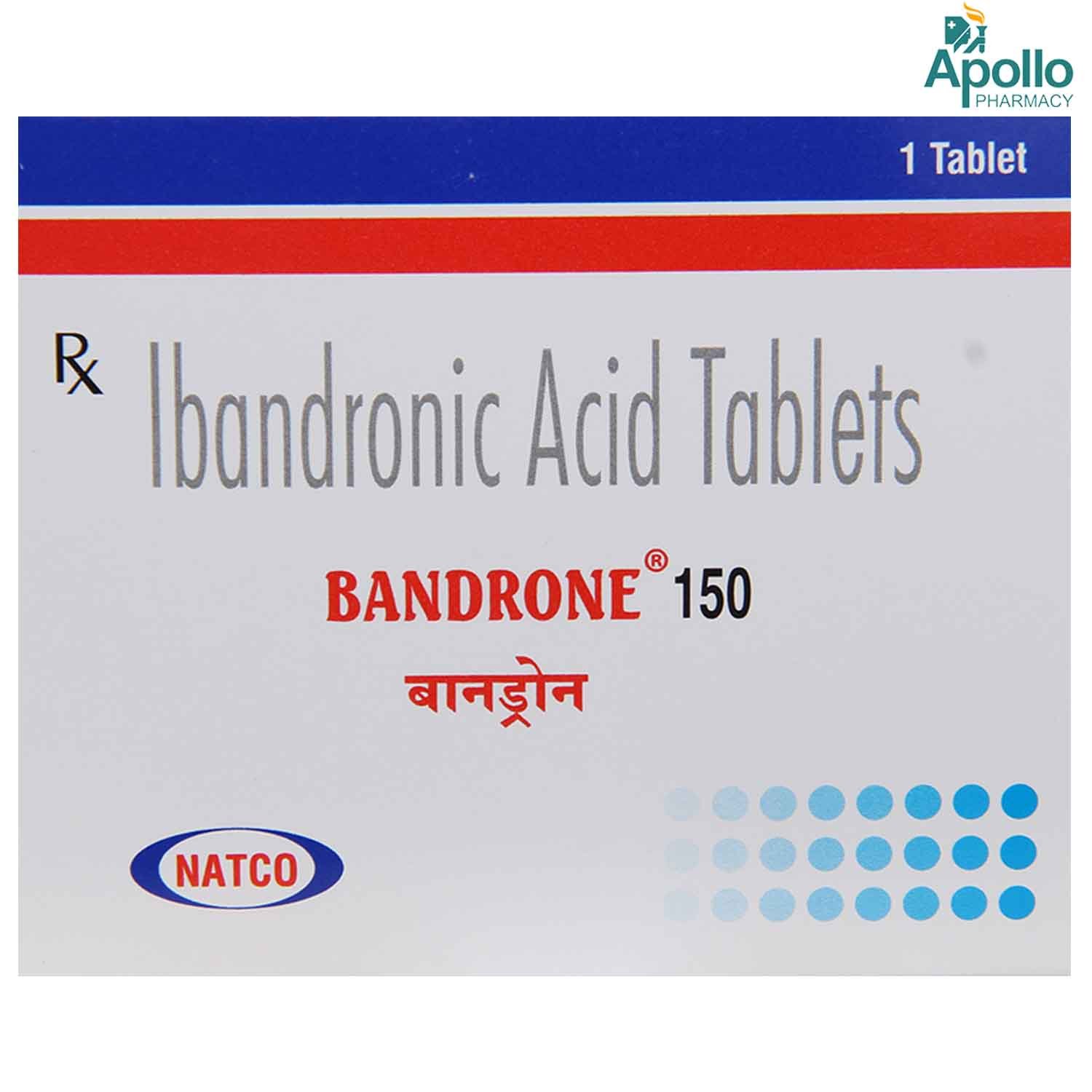
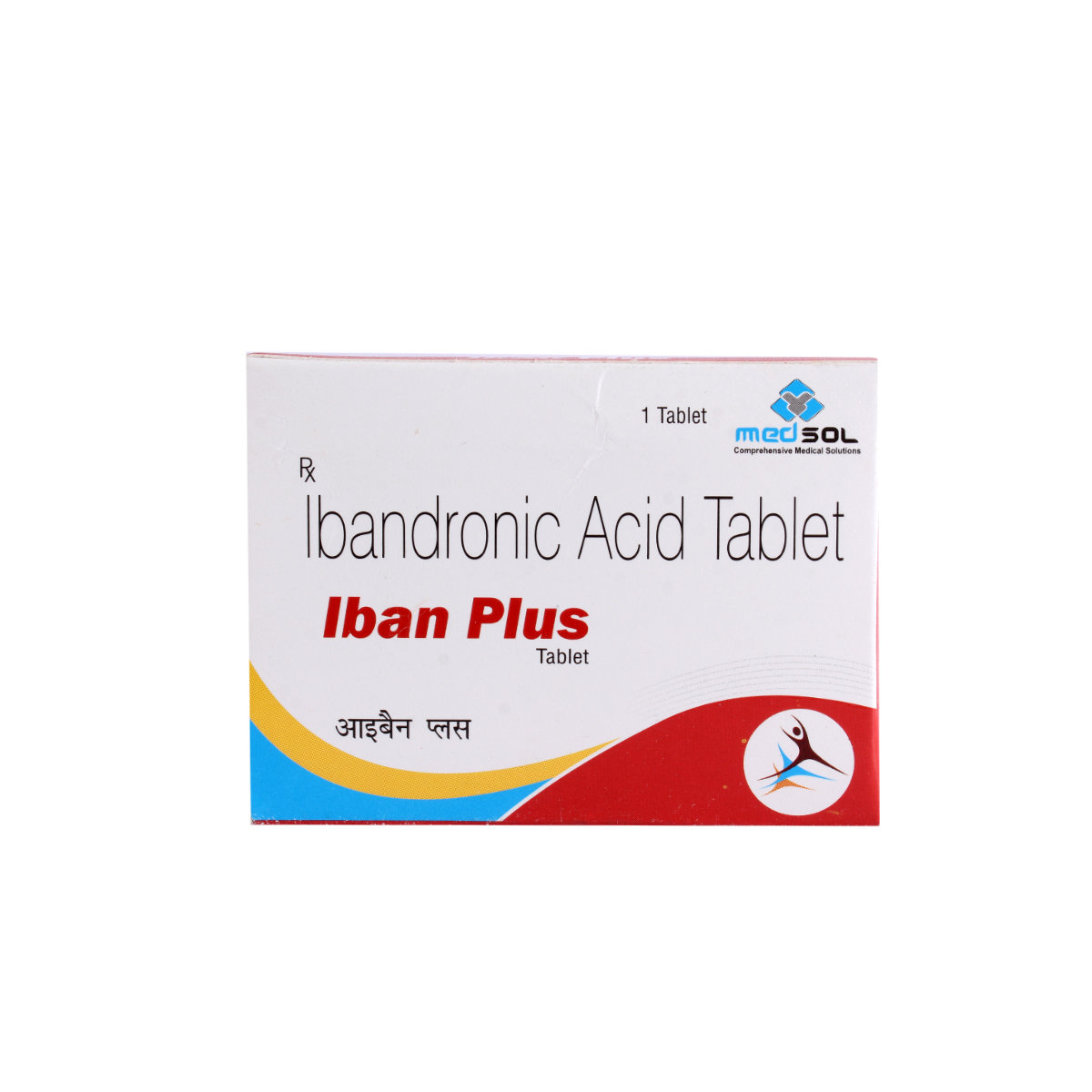

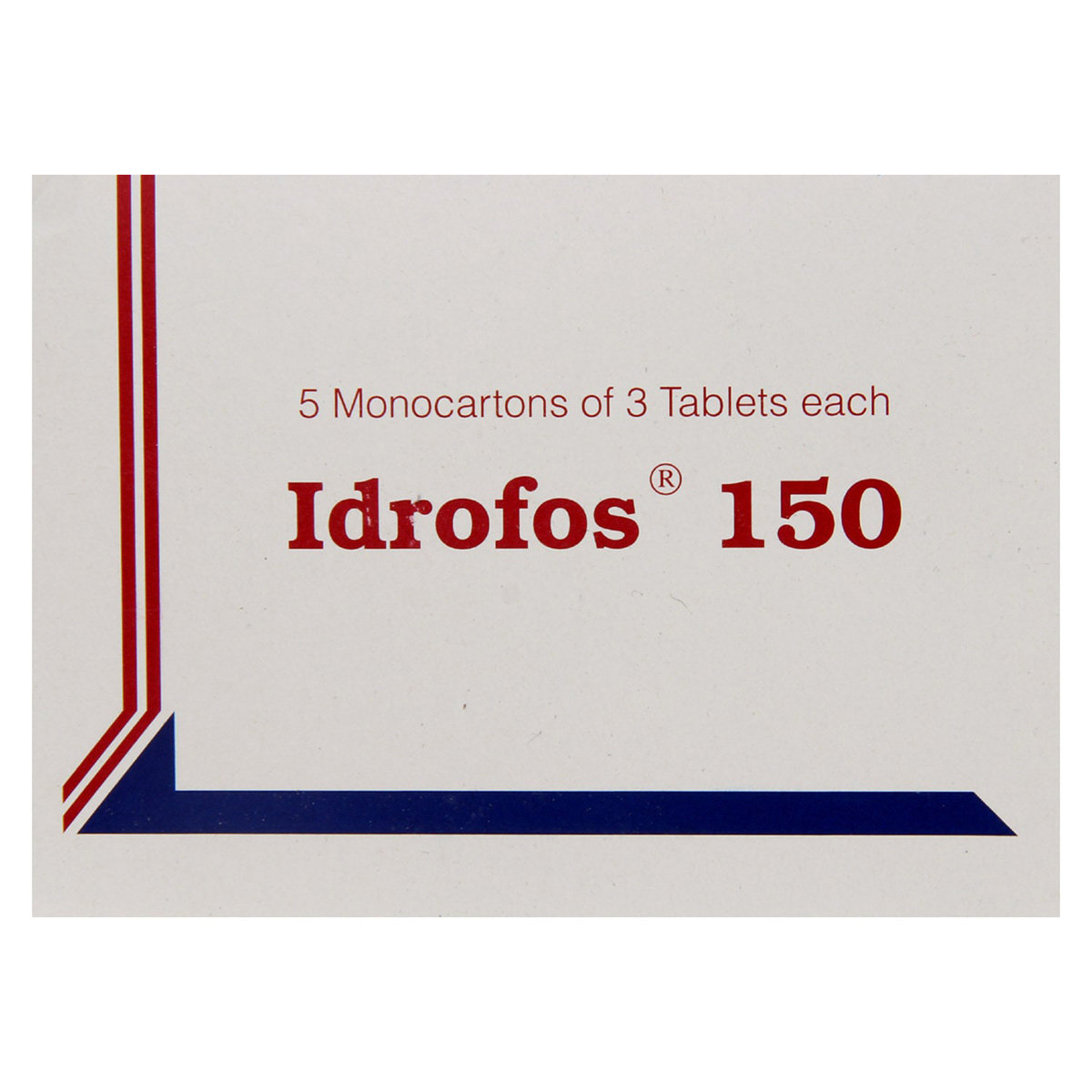
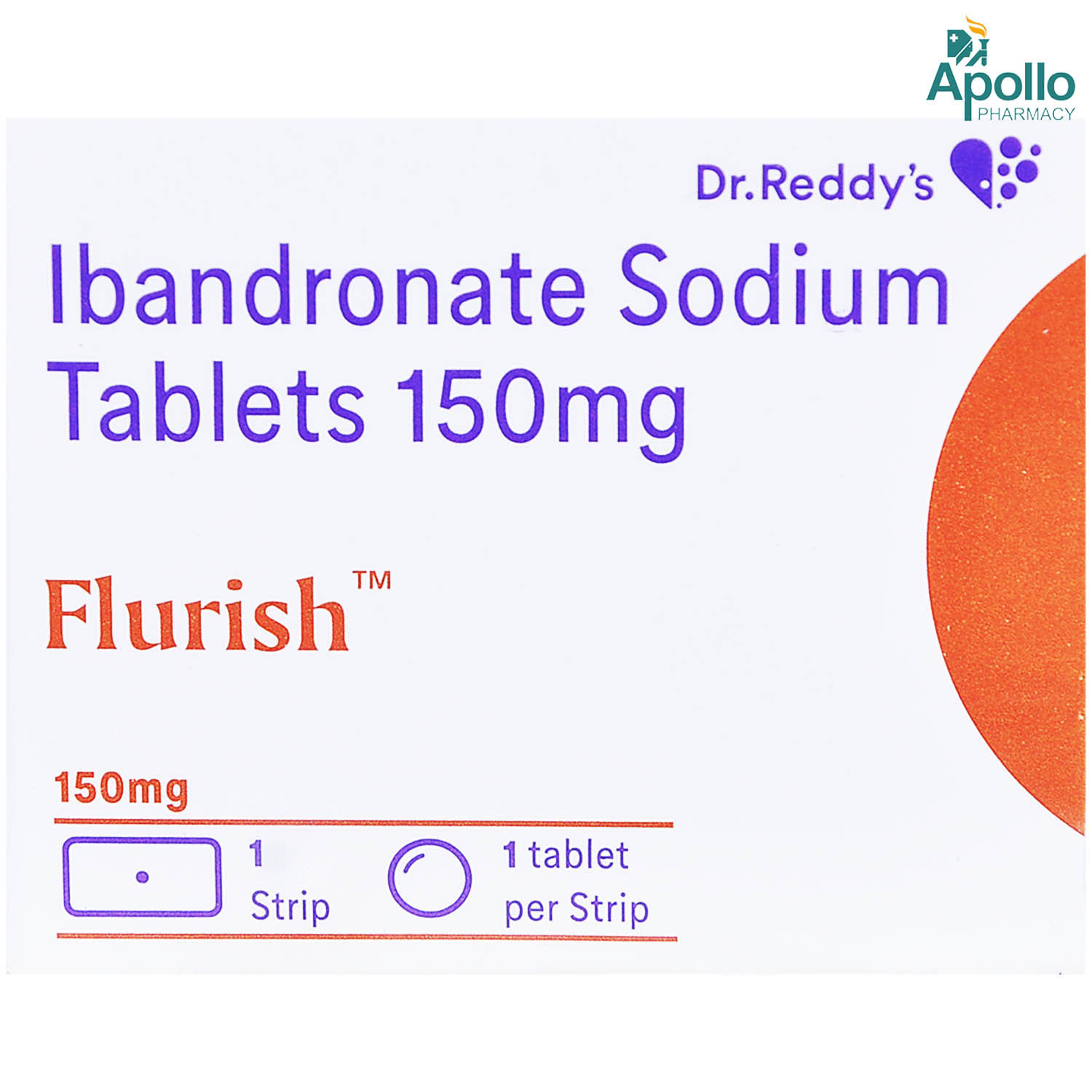
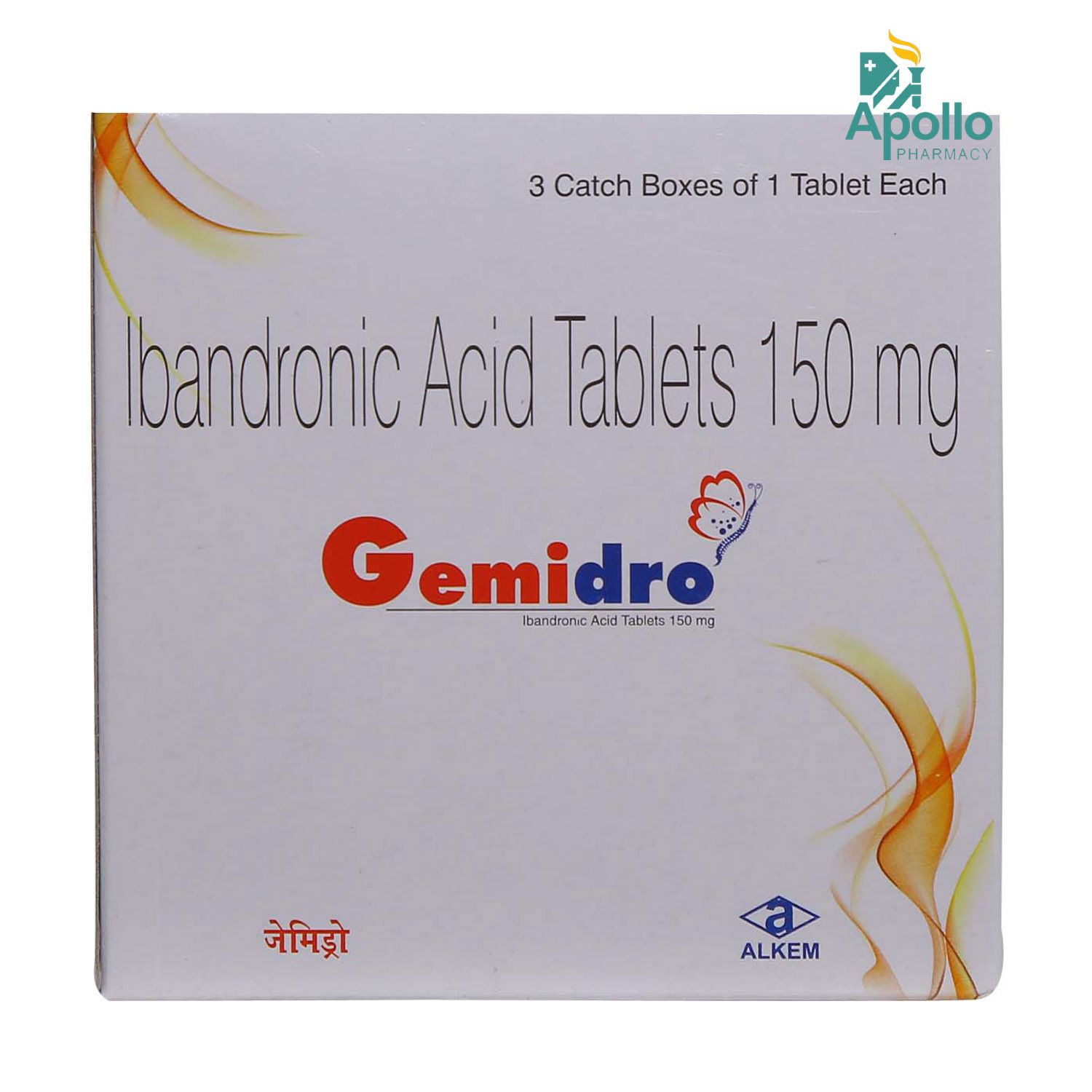

_0.jpg?tr=q-85)

